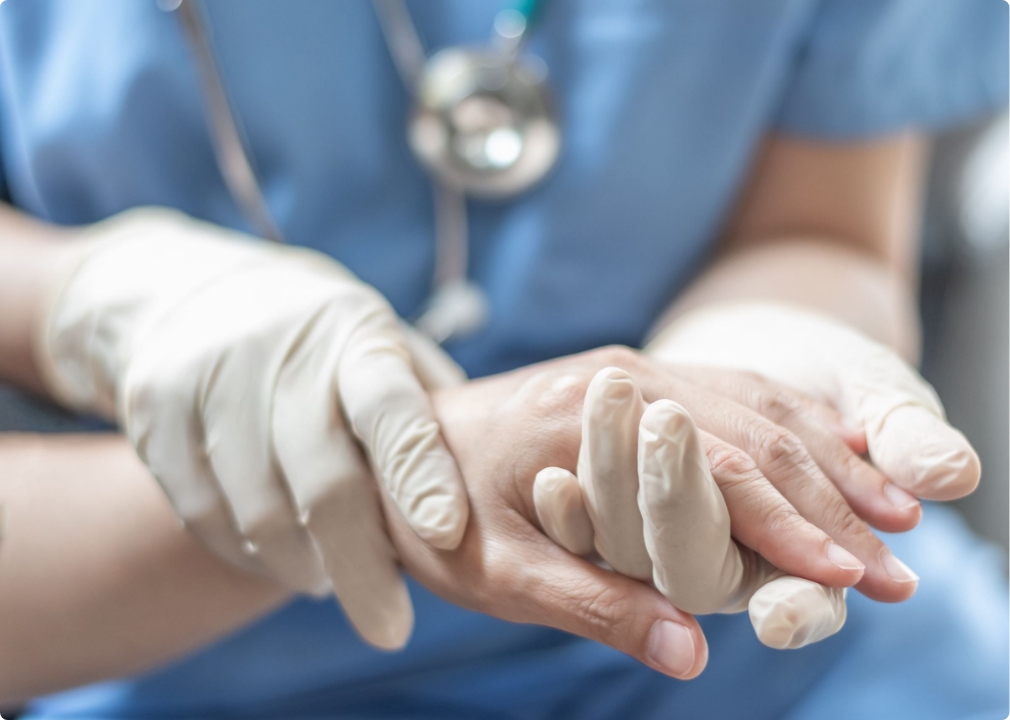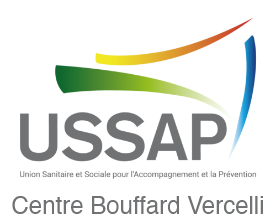Home / Case Study
Two patients with complete tetraplegia, a condition of paralysis from the shoulders down, were once again able to grasp objects and perform everyday activities, such as holding a can or eating with fork, through the use of a neurostimulation device designed by Neurinnov under the AGILIS study, led by INRIA.

Within days of surgery, patients were able to quickly grasp objects in two distinct ways. Using three movements: opening and closing the hand, either in a “palmar grip” (as if grasping a can) or a “key grip” (as if holding a credit card between the thumb and fingers).
The device uses multi-contact epineural electrode cuffs, each equipped with multiple contacts points that can be activated independently. In this study, the electrodes were placed around the median and radial nerves above the elbow, allowing targeted stimulation of different nerve fibers based on the selected points of contact, thus selectively and synergistically activating muscle groups. The electrodes were controlled by an external stimulator which patients operated through an intuitive interface. Neurinnov’s technique was easy to implement, allowing patients to rapidly regain hand functions. In addition to performing various gestures, they were able to generate hand movements with near-normal force.
Patients determined the desired movement, by using their shoulder as a joystick to activate the corresponding stimulation. For example, lifting, lowering or moving the shoulder forward or backward triggered different hand opening and closing movements.
This study represents a significant breakthrough, demonstrating the high-performance of Neurinnov’s ASIC neurostimulation platform. By addressing many of the limitations of traditional tendon-surgical and external neuromuscular stimulation approaches, this technology offers a more effective and intuitive solution for restoring hand mobility.
Participating partners in the Agilis project led by INRIA include: APHP Hospital, CorTec, Centre Bouffard Vercelli (Perpignan), Clinique Saint Jean (Montpellier) and Neurinnov.




Contact
Phone: +33 (0)4 34 34 80 28
Email: contact@neurinnov.com